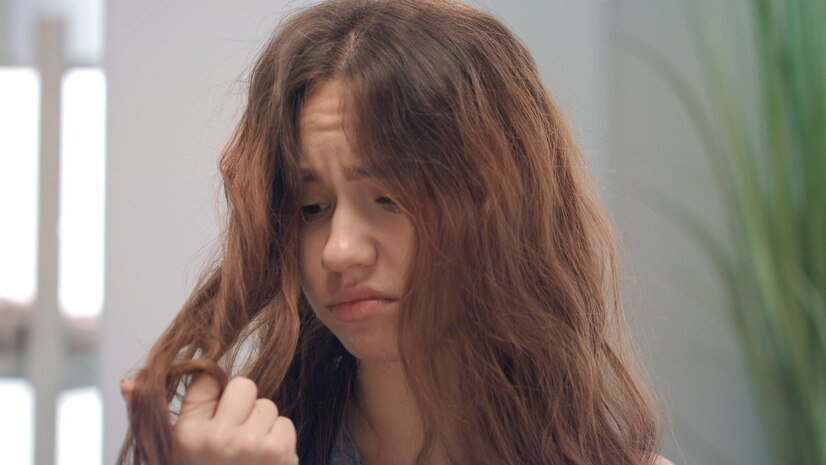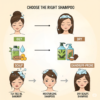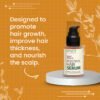Thinning Hair? Learn What’s Causing It & How to Stop It
Hair Thinning Causes
Hair thinning is a common concern for both men and women. While some degree of hair loss is normal, excessive thinning can affect confidence and overall appearance. Understanding the causes of thinning hair and adopting the right solutions is key to maintaining healthy, voluminous hair.
Common Causes of Thinning Hair
1. Genetics
One of the most common reasons for hair thinning is genetics. Androgenetic alopecia, also known as male or female pattern baldness, can lead to gradual thinning, usually around the crown or hairline.
2. Hormonal Changes
Hormonal fluctuations due to pregnancy, menopause, thyroid issues, or stress can trigger hair thinning. Imbalances in hormones like estrogen, progesterone, or thyroid hormones can disrupt the natural hair growth cycle.
3. Nutritional Deficiencies
A lack of essential nutrients such as iron, zinc, vitamin D, and protein can weaken hair follicles, causing hair to thin and fall out more easily.
4. Stress and Lifestyle
Chronic stress, lack of sleep, and an unhealthy lifestyle can contribute to hair loss. Stress triggers the production of cortisol, which may interfere with hair growth and increase shedding.
5. Hair Care Practices
Excessive heat styling, chemical treatments, and tight hairstyles can damage hair over time, leading to breakage and thinning. Using harsh shampoos or skipping scalp care can also worsen the problem.
How to Stop Hair Thinning
1. Maintain a Balanced Diet
Ensure your diet includes proteins, vitamins, and minerals that promote hair health. Foods like eggs, nuts, leafy greens, and fish provide essential nutrients for strong and healthy hair.
2. Use Gentle Hair Care Products
Switch to mild shampoos and conditioners that are free from harsh chemicals. Incorporate nourishing hair oils and masks to strengthen hair and reduce breakage.
3. Manage Stress
Engage in stress-reducing activities such as yoga, meditation, or regular exercise. Managing stress can help restore a healthy hair growth cycle.
4. Consult a Specialist
If hair thinning persists, consult a dermatologist or trichologist. They can assess underlying conditions, recommend treatments like topical solutions, or guide you on advanced options like PRP therapy.
5. Avoid Damaging Practices
Limit the use of heat styling tools, chemical treatments, and tight hairstyles. Handle your hair gently while washing and brushing to prevent unnecessary damage.
Conclusion
Thinning hair can be distressing, but with the right care and lifestyle changes, it’s possible to slow down or even reverse the process. By understanding the causes and adopting a proactive approach, you can maintain healthy, thick hair.
For more information and to explore our range of natural hair care products, visit BNBT Naturals and give your hair the care it deserves.









Add comment